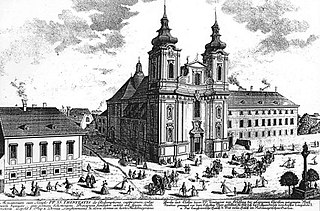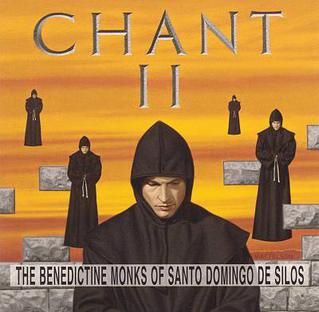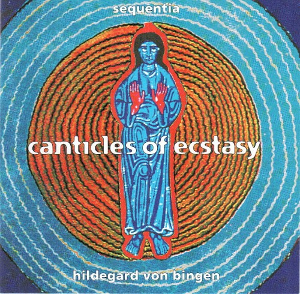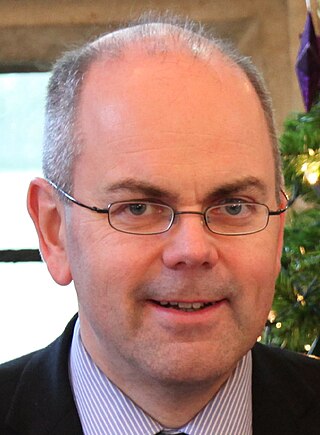
The Requiem in D minor, K. 626, is a Requiem Mass by Wolfgang Amadeus Mozart (1756–1791). Mozart composed part of the Requiem in Vienna in late 1791, but it was unfinished at his death on 5 December the same year. A completed version dated 1792 by Franz Xaver Süssmayr was delivered to Count Franz von Walsegg, who had commissioned the piece for a requiem service on 14 February 1792 to commemorate the first anniversary of the death of his wife Anna at the age of 20 on 14 February 1791.

Loyset Compère was a Franco-Flemish composer of the Renaissance. Of the same generation as Josquin des Prez, he was one of the most significant composers of motets and chansons of that era, and one of the first musicians to bring the light Italianate Renaissance style to France.

Great Mass in C minor, K. 427/417a, is the common name of the musical setting of the mass by Wolfgang Amadeus Mozart, which is considered one of his greatest works. He composed it in Vienna in 1782 and 1783, after his marriage, when he moved to Vienna from Salzburg. The large-scale work, a missa solemnis, is scored for two soprano soloists, a tenor and a bass, double chorus and large orchestra. It remained unfinished, missing large portions of the Credo and the complete Agnus Dei.
Kentaro Sato, aka Ken-P, is a composer/conductor/orchestrator/clinician of media music (Film/TV/Game) and concert music. His works have been broadcast, performed, and recorded in North and South America, Asia, and Europe by well-known groups including the London Symphony Orchestra, Philharmonia Orchestra and Sydney Symphony Orchestra. In 2005, he was appointed a resident composer/assistant conductor of the Torrance Symphony. He is also a frequent guest conductor and lecturer for various workshops and reading sessions on choral music and composition/orchestration around the world.
Antonio Vivaldi wrote at least three Gloria compositions, settings of the hymn Gloria in excelsis Deo, with words probably dating back to the 4th century, and an integral part of the mass ordinary. Two of them have survived: RV 588 and RV 589. A third, RV 590, is mentioned only in the Kreuzherren catalogue and presumed lost. The RV 589 Gloria is a familiar and popular piece among sacred works by Vivaldi. It was probably written at about the same time as the RV 588, possibly in 1715.
After the liturgical reforms of Vatican II, Pope Paul VI presented a 1974 document as a "minimum repertoire of Gregorian chant", which the faithful should learn to sing. In promulgating the booklet, the Congregation for Divine Worship stated that the book would be "extremely useful if the faithful learn the chants contained in the volume, as the Pope and the Congregation for Divine Worship intend."

Berliner Messe is a mass setting by Estonian composer Arvo Pärt. Commissioned for the 90th Katholikentag in Berlin in 1990, it was originally scored for SATB soloists and organ. It was first performed at St. Hedwig's Cathedral on 24 May 1990, the Feast of the Ascension, with Paul Hillier conducting the Theatre of Voices. Pärt later (1997) revised the piece for chorus and string orchestra. Pärt uses his tintinnabuli technique throughout, with movements taking many forms within that style—flowing from quietly reverent duets between parts to full chorus proclamations of faith.
Requiem for a Tribe Brother is a choral work by the Australian-born composer Malcolm Williamson.
Most of Johann Sebastian Bach's extant church music in Latin—settings of the Mass ordinary and of the Magnificat canticle—dates from his Leipzig period (1723–50). Bach started to assimilate and expand compositions on a Latin text by other composers before his tenure as Thomaskantor in Leipzig, and he continued to do so after he had taken up that post. The text of some of these examples by other composers was a mixture of German and Latin: also Bach contributed a few works employing both languages in the same composition, for example his early Kyrie "Christe, du Lamm Gottes".

Mass No. 6 in E-flat major, D 950, is a mass composed by Franz Schubert, a few months before his death. It is scored for two tenor soloists, soprano, alto and bass soloists, SATB choir with divisi, 2 oboes, 2 clarinets, 2 bassoons, 2 horns, 2 trumpets, 3 trombones, timpani, violin I and II, viola, cello, and double bass. It was Schubert's final setting of the order of Mass, and is classified as a missa solemnis.

Chant II is a 1995 album of Gregorian chant, performed by the Benedictine monks of Santo Domingo de Silos in Burgos, Spain. It is a follow-up to the 1994 release Chant, the best-selling album of Gregorian chant. Like the first album, it included material which had been recorded by the monks some years previously.

Canticles of Ecstasy is an album of sacred vocal music written in the 12th century by the German abbess Hildegard of Bingen and recorded by the early music ensemble Sequentia that was released by the Deutsche Harmonia Mundi recording label in 1993.

Michael John Trotta is an American musical composer and conductor. He has appeared at Carnegie Hall three times since 2014.

Messe in G is a mass in G major by the English composer Christopher Tambling. He composed it in 2013, scored for mixed choir and organ, optionally also with orchestra. The congregation is meant to participate, singing the theme of the Gloria as a refrain, and the theme of the Sanctus. The mass was first published in 2014.








